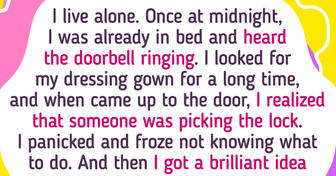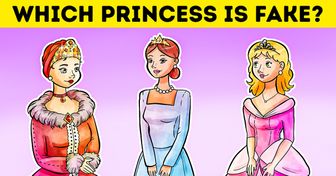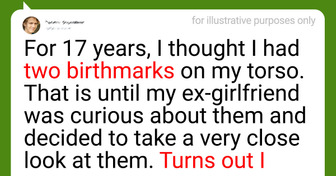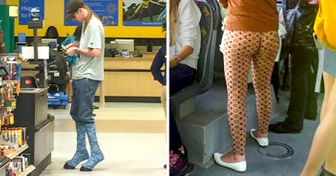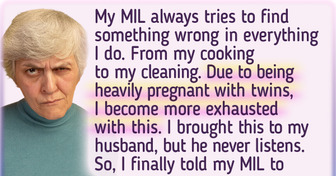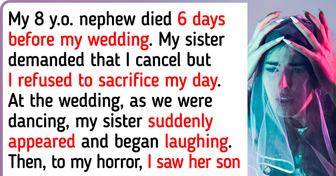12 People Who Started a Normal Day but Ended It in Chaos

People
4 months ago
The sea, sports cars, yachts, and palm trees, these are the things you think of when you hear someone talk about “Monaco.” This place can be easily called a paradise for millionaires and celebrities. The Principality of Monaco is a tiny but very prosperous country. Besides, it has a rich history, a variety of entertainment, and excellent weather almost all year round. But what is hidden behind such a beautiful and alluring “façade”?
At Bright Side, we decided to find out what life is like in this tiny and luxurious country.
What do you think about Monaco? Would you want to live there, or, at least, visit this country? Tell us in the comments below.




